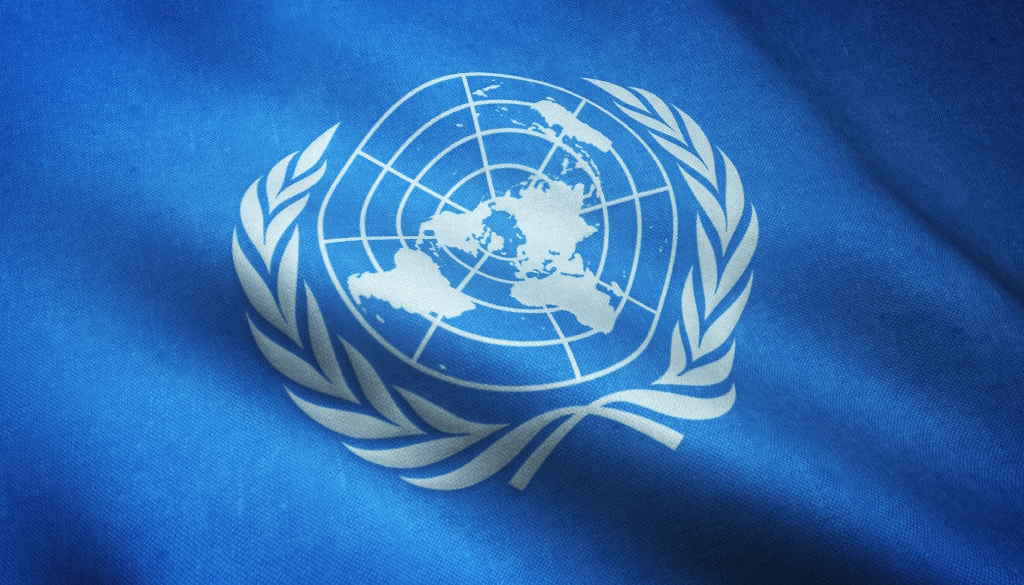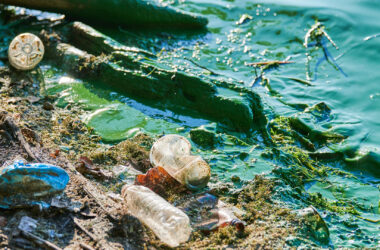Handwashing is one of the simplest yet most effective ways to prevent the spread of diseases and maintain public health and hygiene. Recognizing its importance, a global campaign has been launched to promote regular and thorough handwashing, especially in regions with limited access to clean water and sanitation facilities. This campaign seeks to raise awareness about the significance of hand hygiene and instill the habit of proper handwashing across the world.
The Importance of Handwashing:
Handwashing is a basic hygiene practice that can significantly reduce the risk of infection and the transmission of diseases, including respiratory infections like the common cold and flu, gastrointestinal illnesses, and more serious diseases like COVID-19. Proper handwashing can also prevent the spread of antibiotic-resistant bacteria, which pose a growing global health threat.
The Role of Clean Hands in Disease Prevention:
- Preventing Infections: Germs, including bacteria and viruses, can be present on our hands. Touching the face, mouth, or eyes with contaminated hands can lead to infection.
- Respiratory Hygiene: Handwashing reduces the risk of respiratory infections. Frequent handwashing can help curb the spread of illnesses like colds and flu.
- Gastrointestinal Health: Many foodborne illnesses are transmitted through contaminated hands. Proper handwashing before cooking and eating can prevent these infections.
The Global Handwashing Campaign:
The global handwashing campaign is a concerted effort to promote and educate people about the importance of proper hand hygiene. Key components of this campaign include:
- Awareness Campaigns: Governments, NGOs, and public health organizations collaborate to raise awareness through public service announcements, social media, and educational programs.
- Access to Clean Water and Soap: The campaign emphasizes the importance of providing communities, particularly in low-resource areas, with access to clean water and soap for handwashing.
- School Programs: Schools play a critical role in teaching children about proper hand hygiene. Campaigns often include educational programs in schools to instill good handwashing habits early.
- Behavioral Change Initiatives: The campaign focuses on changing behavior by emphasizing the critical times for handwashing, such as before eating, after using the restroom, and after coughing or sneezing.
- Community Engagement: Engaging communities and local leaders is vital for the sustained adoption of handwashing practices.
Success Stories:
Several countries have successfully implemented handwashing campaigns:
- Ghana: The “Handwashing with Soap” campaign in Ghana increased handwashing rates and reduced the incidence of diseases.
- India: India’s “Swachh Bharat Abhiyan” (Clean India Mission) includes promoting handwashing as a key component of sanitation and hygiene.
Challenges and Considerations:
Promoting handwashing globally faces challenges, including the need for infrastructure development, education in remote areas, and changing cultural norms. Access to clean water and soap can be a challenge in some regions, and addressing these issues is essential for the campaign’s success.
A Hygienic and Healthy Future:
The global handwashing campaign represents a critical step toward better public health and hygiene worldwide. By instilling the habit of proper handwashing and ensuring access to clean water and soap, we can prevent countless illnesses and save lives. This campaign is a testament to the power of collective action and education in promoting better health practices for a safer and healthier future.



 UN
UN 



